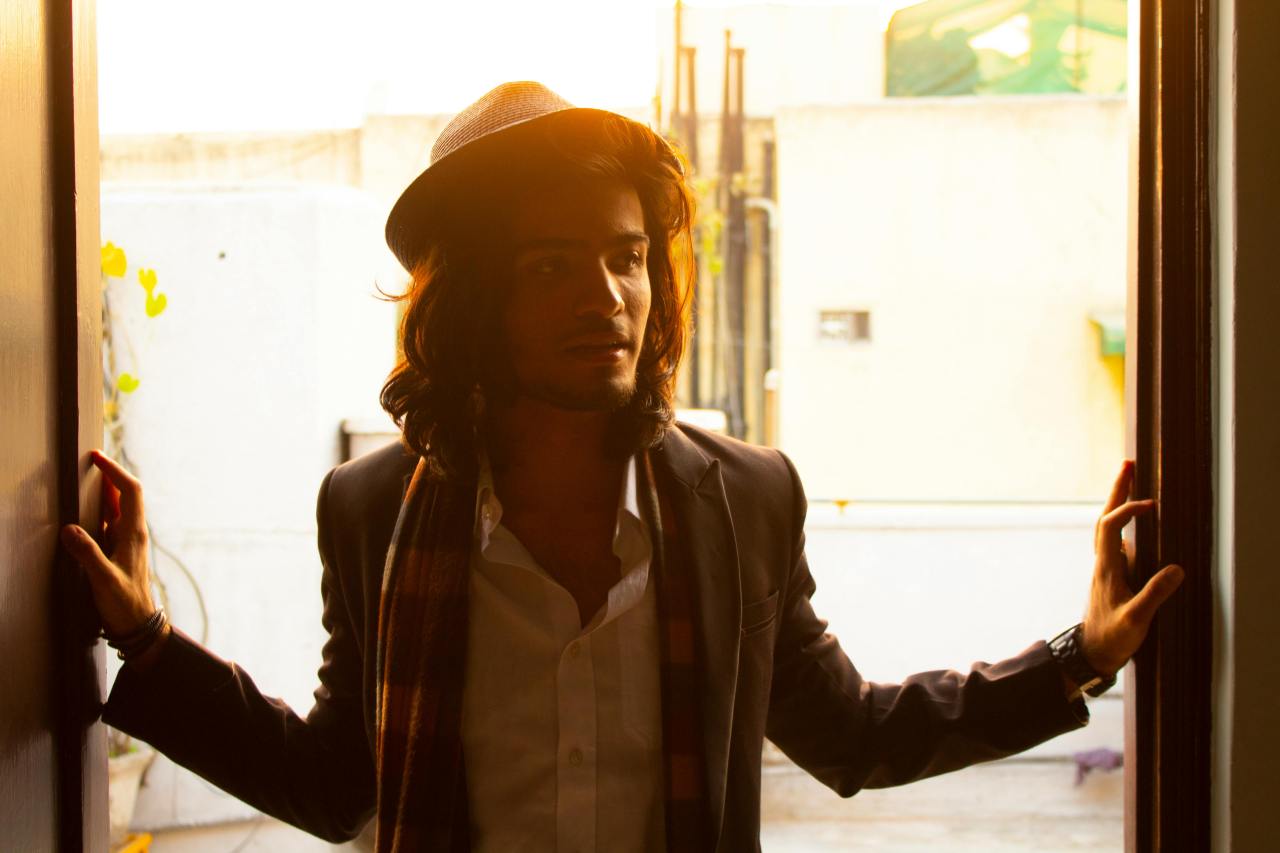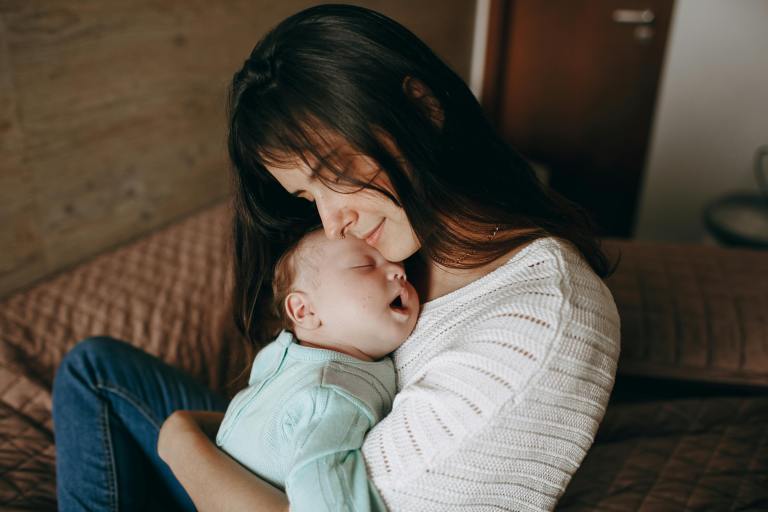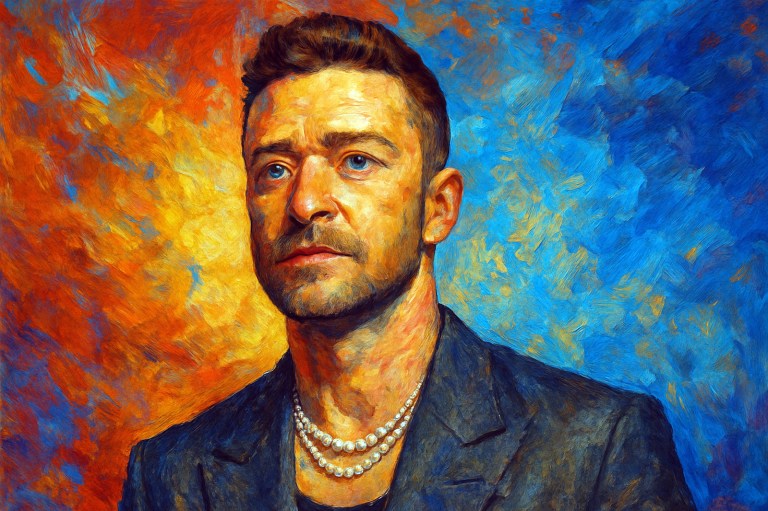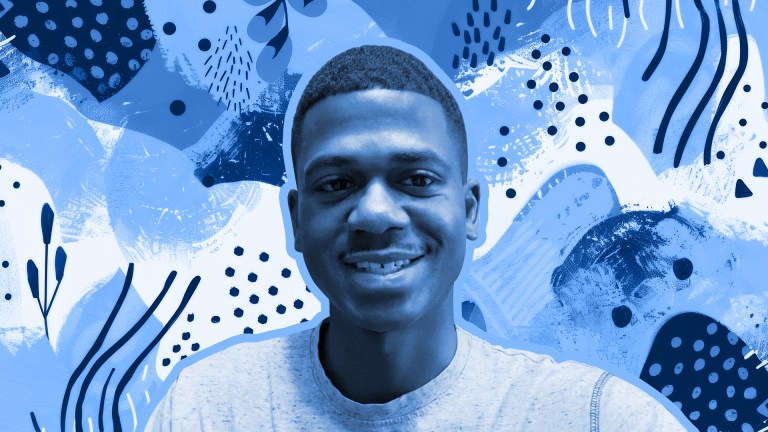
Undetectable And Unyielding
At 19, I was diagnosed with HIV while studying law as an international student in London. My family lives in Dubai, UAE, and I discovered I was positive during a summer visit home after my first year of university. This diagnosis had immediate practical consequences: I could no longer renew my residency visa in the UAE, as HIV-positive individuals are not allowed to do so. This forced me to confront the harsh realities of living with HIV in a world that often doesn’t understand or accept it.
My family and I are originally from India and spent most of my life moving around the world. This meant I only ever associated ‘home’ with where my immediate family lived. My diagnosis left me scrambling as I now faced the grim reality of not being able to visit my family freely without fear of repercussions. The UAE has strict policies banning residents and visitors from carrying life-saving antiretroviral treatments for HIV, forcing me to discontinue my treatment during any visits. This means I can no longer visit my family for extended periods or consider moving back to the UAE after my studies. This left me in limbo, forcing me to rethink my future, my sense of belonging, and where I can truly call home. The necessity to discontinue my treatment during these times was not just a bureaucratic inconvenience but a direct threat to my well-being. It left me feeling vulnerable and anxious, knowing that even a short visit could compromise my immunity. Before my diagnosis, I was well aware of the impacts HIV can have on my health and the stigmas associated with the disease; however, I never expected my positive status to distinctly sever my connection to the place I called home.
The diagnosis, therefore, was not just a medical condition to manage; it disrupted the very fabric of my life. It redefined my relationships, my sense of security, and my plans for the future. The stigma and policies surrounding HIV in the UAE have isolated me in ways that are both tangible and deeply emotional, highlighting the urgent need for more compassionate and inclusive policies worldwide.
After returning to the UK, I began taking antiretroviral treatment, which, within a month, made my viral load undetectable. This not only halted the progression of HIV but also made me unable to transmit the virus any longer.
I spent a lot of time reflecting on how my life would change, now forever tied to the label of HIV positive. I learned how to navigate the difficult decisions and confrontations I would now have to endure, particularly in my romantic and sexual life. As an openly queer man, I quickly realized that I would have to undergo a new form of ‘coming out’ in these relationships for them to grow and flourish with honesty and respect.
My overwhelming mentality was to be actively transparent and come out about my diagnosis to everyone in my life without fear of rejection. I decided that anyone who dismisses or discriminates against me because of my status is not someone I want in my life. This mindset made it easier for me to overcome any loss of friendships or relationships.
Embracing this approach was liberating. This transparency required courage, but it also fostered deeper connections with those who stood by me. It became a litmus test for true friendship and love, and it highlighted the importance of surrounding myself with people who value honesty and empathy. This approach also served as a powerful form of self-care, as it minimized the emotional toll of hiding a significant part of my identity. I was not only advocating for myself but also challenging the stigma and ignorance surrounding the virus.
However, disclosing one’s HIV status is a personal choice, not a compulsory one. Each individual has the right to decide when, how, and to whom they disclose this deeply personal information. When I share my status in casual conversation, I am often met with empathy. Yet, as I have grown more comfortable with my status, I have found myself refraining from making it a big deal.
Since becoming undetectable, my life has continued normally and remains relatively undisrupted by my diagnosis. However, when I do disclose my status, many people assume I endure far more struggle than I actually do. I get fatigued by their sympathetic condolences or being called an inspiration just for being openly positive. It might sound ungrateful, but I don’t want them to try to help me get over this virus because I already am over it. My status rarely crosses my mind except at 5 PM every day when I take my medication; otherwise, I live my life like anyone else.
The topic of disclosure is far more contentious within romantic and sexual relationships due to the risk of HIV transmission. Through my interactions, I have become acutely aware of the stigmas surrounding HIV and how they affect me. Disclosing my status has on many occasions resulted in rejections from sexual partners, even if I was undetectable. These encounters have sometimes culminated in verbal abuse and insulting accusations of sexual irresponsibility.
While in the beginning, the burden of disclosure felt overwhelming at times, it also strengthened my resolve to educate myself and challenge the misconceptions surrounding HIV. In these moments of vulnerability, I found it crucial to arm myself with knowledge and support.
Understanding that my undetectable status meant I couldn’t transmit the virus gave me confidence. Yet, the fear of judgment and the potential loss of intimacy lingered. Each new relationship brought with it the anxiety of when and how to disclose my status and the hope that my partner would respond with compassion and understanding.
I also began to guide my academic studies in law towards learning more about HIV by completing my final dissertation on the criminalization of HIV. I also took the story of my diagnosis public on TikTok as a way to educate others and raise awareness of what it’s like to live with HIV nowadays. By investing so much time in researching, writing, and speaking out about HIV, I have become more confident than ever about my identity as HIV positive.
I am now 21 years old, a month away from graduating university, and in a wonderful relationship with my boyfriend. My life has continued to flourish even as someone who lives with HIV. I acknowledge that I am in a position of immense privilege to live in the UK, where my medication is free and the laws don’t discriminate against me for my status. This, however, is not the case around the world, and far more work needs to be done before HIV and its stigmas can be eradicated.
I am very hopeful for the future of HIV prevention. In the 21st century, HIV is a very manageable condition, and I believe that one day there will be a cure. Until then, we must continue to educate, advocate, and support those living with HIV, working tirelessly to dismantle the stigma and ensure that everyone, regardless of where they live, has access to the treatment and respect they deserve.











